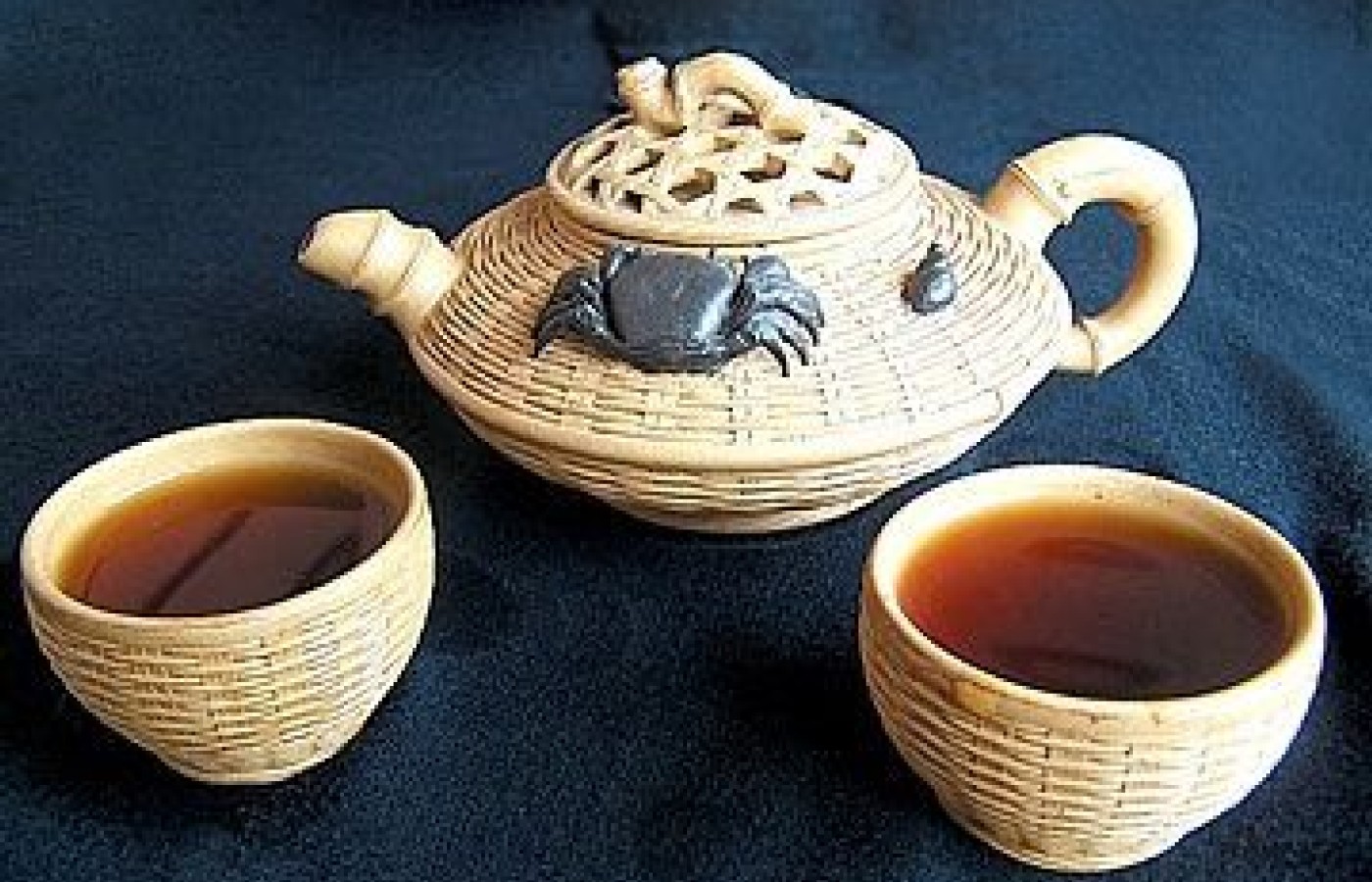The most important relationship I seek to nurture in the treatment room is the one a patient has with their own body. We live in a culture that teaches us to override pain, defer to outside authority, and push through discomfort. Patients often arrive hoping I can “fix” them, but the truth is, we can’t do the work for them. We can offer guidance, insight and support, but healing requires their full participation.
Tea Art in China
The Mid-Autumn Festival has arrived, and the pungent fragrance of blooming osmanthus flowers fills the air as people are bustling about, enjoying the spectacular weather. While most foreigners are beginning to appreciate the taste, aroma and health benefits of Chinese cha (tea), tea art is relatively unknown abroad.
There are numerous traditional forms of folk art here in China, dating back to the beginning of civilization. Many of these crafts have been incorporated into the local culture's daily life and are seen all over, especially in the numerous teahouses, art galleries and even national holiday celebrations and museums.


Even though the medicinal value of "aesthetics" and "surroundings" are scoffed at by many, modern science has developed some interest in their healing value.

For example, feng shui and color therapy have gained tremendous popularity. I would assume that many of you readers are firm believers and supporters, as are we, of such art for its cultural value, and its less tangible benefits as well. So, we thought we would share some of our valued Chinese tea art collectibles with you. We hope you enjoy these as much as we do.








